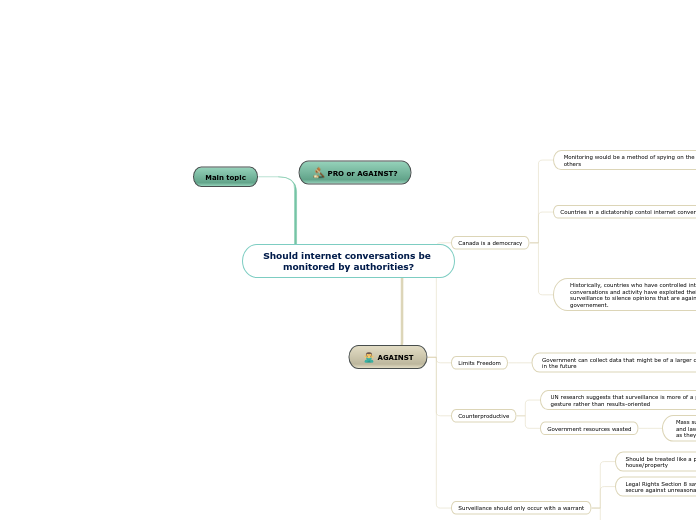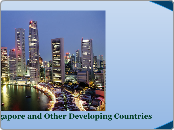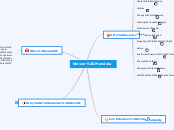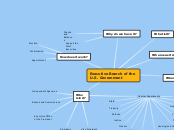PRO or AGAINST?
At the end of the brainstorming session, each group can present the mind map in front of the class.
They will show the other colleagues their opinion about the topic/statement and bring arguments for which they chose to be on that side.
Should internet conversations be monitored by authorities?
Type in the name of the topic/statement you are going to debate.
Main topic
AGAINST
Surveillance should only occur with a warrant
Potentially unconstitutional
Could act as a tool to presume everyone guilty until proven innocent
Legal Rights, Canadian Charter of Rights and Freedoms, S. 11(d)
"to be presumed innocent until proven guilty according to law in a fair and public hearing by an independent and impartial trubunal"
Surveillance is as though the government is spying for evidence to find someone who might be guilty of abetting or inciting a crime using their freedom of speech.
Legal Rights Section 8 says: Everyone has the right to be secure against unreasonable search or seizure.
Monitoring citizen's business online is comparable to entering and searching someone's house without a justifiable reason
Should be treated like a physical search in someone's house/property
Counterproductive
Government resources wasted
Mass surveillance actually increases the risk that intelligence and law enforcement agencies will miss real, credible threats as they are distracted by false positives.
UN research suggests that surveillance is more of a political gesture rather than results-oriented
Limits Freedom
Government can collect data that might be of a larger concern in the future
Article 17 of the United Nation's covenant in International Law states that “no one shall be subjected to arbitrary or unlawful interference with his or her privacy, family, home and correspondence, nor to unlawful attacks on his or her honour and reputation”.
Canada is a democracy
Add an argument against this topic/statement.
Historically, countries who have controlled internet conversations and activity have exploited their abilities and surveillance to silence opinions that are against the governement.
Saudi Arabian journalist Jamal Khashoggi
Assasinated by representatives from the Saudi Arabian government
Information collected based on Internet data to track down location
Wrote in a Washington Post column on 3 April 2018 that Saudi Arabia "should return to its pre-1979 climate, when the government restricted hard-line Wahhabi traditions. Women today should have the same rights as men."
Publicly criticized Saudi Arabia's policies
Countries in a dictatorship contol internet conversations
China
Cuba
North Korea
Eritrea
Monitoring would be a method of spying on the opinions of others
Violating the Charter of Rights and Freedoms, S.2 (b)
"freedom of thought, belief, opinion and expression, including freedom of the press and other media of communication"









